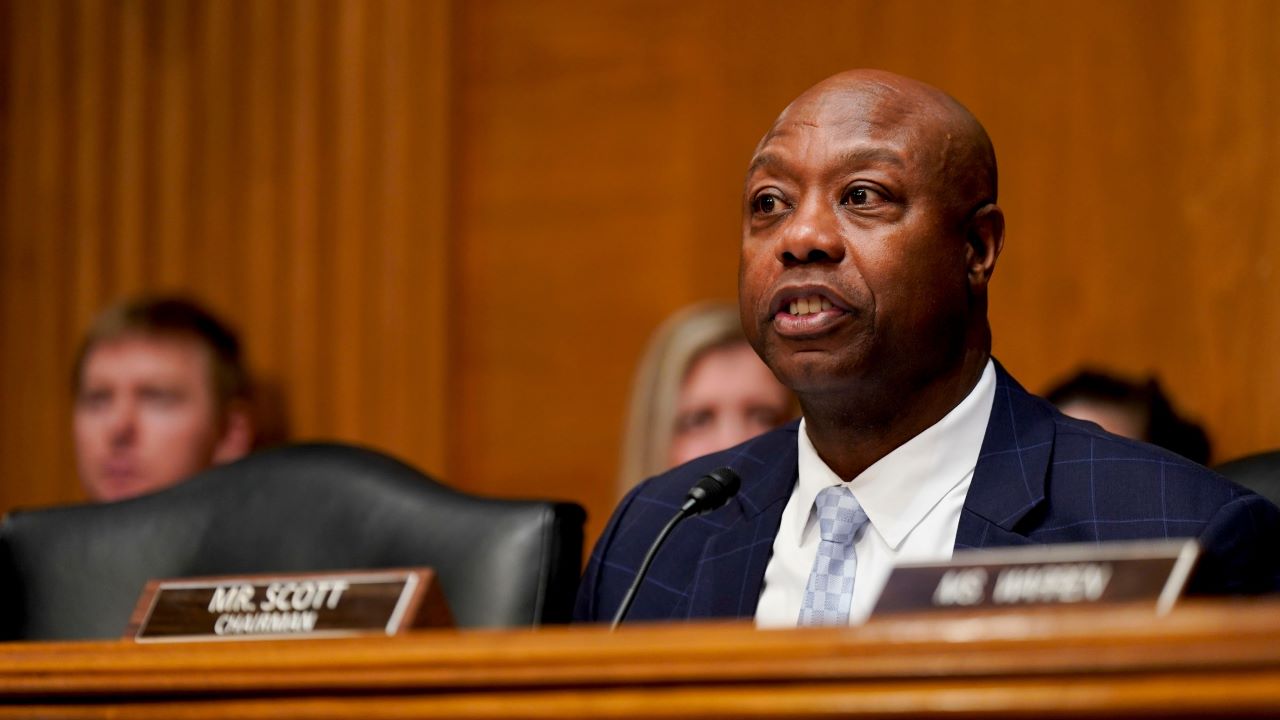New Senate Bill Aims to Reshape Crypto Market Structure
New Senate Bill Aims to Reshape Crypto Market Structure
By
Junia Wells
Last updated:
September 6, 2025
First Published:
September 6, 2025

Photo: Fox Business
A new draft bill introduced in the United States Senate is set to reshape how cryptocurrency markets operate. Known informally as the Clarity Act, the proposed legislation outlines a regulatory framework that aims to bring order to the fast-growing but often uncertain world of digital assets.
Why lawmakers are focusing on crypto now
The timing of the bill is not coincidental. Cryptocurrency adoption has accelerated in recent years, with institutions, retail investors, and even governments showing increased interest. However, the lack of consistent rules has created friction between regulators, exchanges, and market participants. Lawmakers are now recognizing the need to establish standards that both protect investors and support innovation.
Defining digital assets and their place in finance
One of the central features of the bill is its attempt to clearly define digital assets. This includes clarifying when a token should be classified as a security, a commodity, or another type of financial instrument. Such definitions are critical because they determine which agency has oversight, whether it is the Securities and Exchange Commission, the Commodity Futures Trading Commission, or another body. For businesses and exchanges, these rules could finally remove the uncertainty that has stalled many projects.
Impact on exchanges and trading platforms
If the bill becomes law, cryptocurrency exchanges will be required to comply with more formal regulatory standards similar to those in traditional markets. This could include enhanced disclosures, stricter custody rules, and stronger safeguards against market manipulation. While this may increase compliance costs, it could also boost credibility and attract larger institutional investors who have been hesitant due to the regulatory gray area.
A step toward mainstream financial integration
Supporters of the bill argue that it could lay the foundation for deeper integration between digital assets and mainstream finance. By providing legal clarity, the bill has the potential to accelerate adoption by banks, asset managers, and pension funds. Critics, however, caution that overly rigid rules could stifle innovation and push startups away from the U.S. toward more crypto-friendly jurisdictions.
What comes next for the legislation
The draft bill is still in its early stages, and it will face debate, revisions, and potential opposition before becoming law. Industry leaders are closely watching its progress, as the final version could determine the direction of the U.S. crypto market for years to come. Regardless of the outcome, the introduction of this legislation signals that digital assets are no longer operating on the sidelines of finance but are now central to policy discussions in Washington.
Popular articles
Subscribe to unlock premium content
Disney’s Timeless Magic and How the Entertainment Giant Continues to Shape Culture and Innovation

Imran Khan’s Economic Missteps Amid Political Chaos in Pakistan

The Philippines’ Digital Shift How Remittances and BPO Are Fueling Growth

Disney’s Timeless Magic and How the Entertainment Giant Continues to Shape Culture and Innovation

Imran Khan’s Economic Missteps Amid Political Chaos in Pakistan

Disney’s Timeless Magic and How the Entertainment Giant Continues to Shape Culture and Innovation









